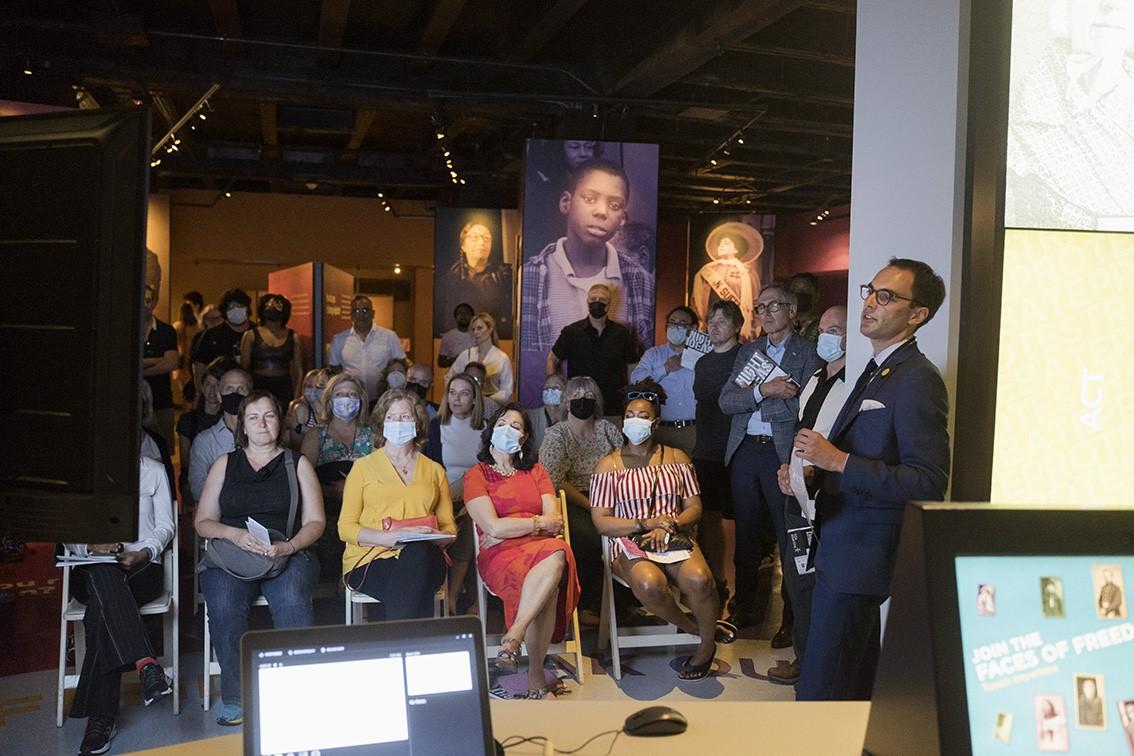Taming the People? How to Remain Free in a Representative Democracy

This attack on our constitutional democracies should not be analyzed as a random eruption of political violence but rather as a symptom of a deep and longstanding political malaise. To understand this problem, we must consider its roots: the years between the American Revolution and the ratification of the American Constitution. During this decade, the debate centered on how to secure a regime in which the people could be free and the State administration effective. The Founding Fathers invented political representation as this compromise between freedom and efficacy, and the first modern representative democracy was born. To grasp why it is failing today, we must examine this period.
Panelists
Hugo Toudic is a Ph.D. student at Sorbonne-University and Chicago University-CNRS. He is a specialist of the influence of Montesquieu’s political philosophy on the ideas of the Founding Fathers. His field of study includes Political and Moral Philosophy, History of the Early American Republic, Constitutional Law. He is the co-chair of the AMERICA 2026 USA Bureau, a Euro-American research consortium aiming to bring together different perspectives on the American Revolution in order to better assess its lasting impacts in the world we live in.
Jack Bevacqua is a Ph.D. student in constitutional studies and political theory and a University Presidential Fellow at the University of Notre Dame. His research interests include early modern political thought, ancient political thought, American political thought, religion and politics, and the history of political thought.
This event is part of ‘Freedoms,’ an event series organized by Chicago members of European Union National Institutes for Culture (EUNIC) in fall 2022 that examines how conceptions of freedom have been shaped by each country’s unique history.
